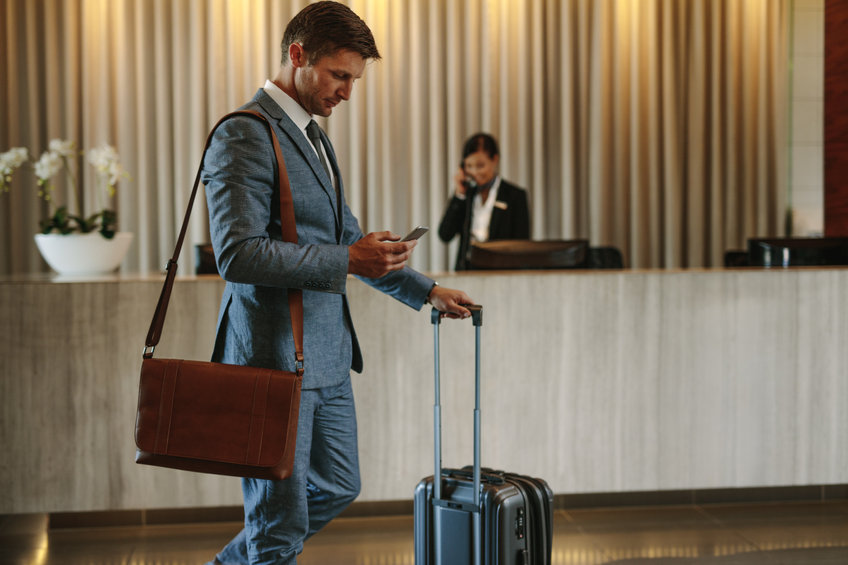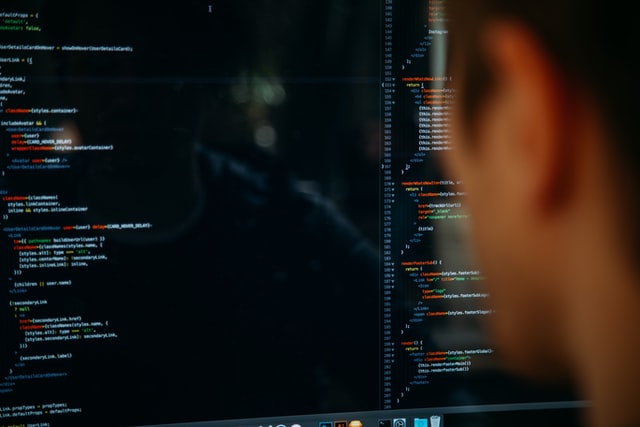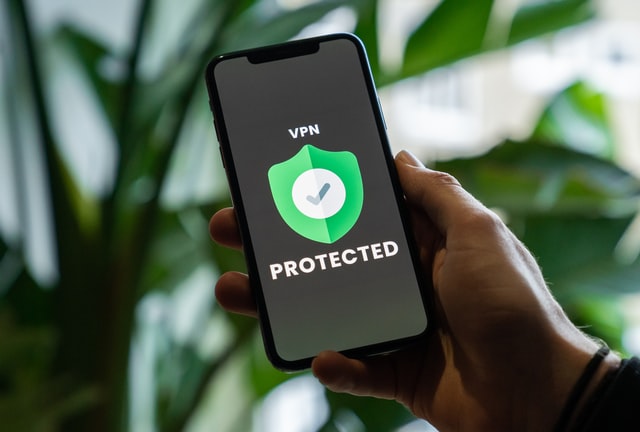Hotels pride themselves on the privacy of their guests. That benefit should extend to all aspects of the business. Hotel apps fall under this umbrella.
A single breach could cost a business million, and that’s not even considering the costs of fixing the breach. At the end of the day, while innovation is fun and exciting, it’s security that acts as the backbone for all apps.
Today, let’s talk about some of the things you need to check before releasing your hotel app. Taking the necessary steps to protect your hotel guests’ information before release is key to building trust with your customers.
Secure Code
The most common avenue of attack will always be the holes you leave in the code. Vulnerabilities end up in the most unexpected of places, so make sure that you test your code thoroughly before any major updates. Ensure that nobody but your dev team has knowledge of the full code and that wherever it’s stored is heavily encrypted.
Your code should also be easy to patch in case of a breach. Keep it user-friendly and ensure that users have a way of reporting bugs to you quickly within the app itself. An obtuse and minimal code is a solid way to minimize breach dangers.
Data Encryption
All data that goes through your data should have encryption. Whether it’s incoming or outgoing, it doesn’t matter, keep that data encrypted. Encryption, for those unfamiliar, is the scrambling of data to be a mashed-up mess of letters to anybody who doesn’t hold an encryption key.
In this case, the key should solely be in the hands of developers. Encryption is essential for security because even if a breach does happen, the attackers won’t be able to make use of any of the data without the encryption key.
Strong Authentication
Strong authentication is a given in any secure data strategy. Weak passwords are the bane of many cybersecurity pros. Think of it this way, even if a carpenter were to build the strongest wall in the world, unclimbable and impenetrable. However, if that wall has a single door with a flimsy lock, it’s all pointless. Strong passwords are needed for authentication to have any secure effect.
The common password etiquettes apply. Don’t use birthdays, easy patterns, or simple words. Go for passwords that have uppercase, lowercase, symbols, and numbers within them. Do not leave the password lying about on a sticky note for any random passerby to see.
For even stronger security, go for two-factor authentication. Users will not only need to provide a password, but also a code that only the owner of the account should know. Think of it as two locked doors, except the second door changes locks every time someone opens it.
Effective Detection
You should have technologies in place to notify you of a breach immediately. Even if a user manages to bypass the passwords, authentication, and encryption, you need to make sure they leave a solid trail to follow. Active-tamper detection is a key component of any security strategy.
Additionally, the main server should have anti-virus programs in place as well as a sysadmin looming over it during business hours. You need to have your eyes on it as much as possible.
3rd Party Security
Security concerns aren’t all just internal. Some of the worst attacks were thanks to the use of third-party libraries not being properly tested before use in the app. Libraries can certainly cut down a lot of the work in app development, but it’s also potentially flawed in security.
Vulnerabilities in tech and code that you don’t own will always be a danger. One such incident, involving a Linux library, had a security flaw that went unnoticed for seven whole years.
As much as possible, use only your code and repositories. There’s no telling what flaws exist in the software of others. A hotelier’s system should be SOC 2 compliant and that is much easier to accomplish when you have full control over your app.
Staff Training
In following the trend of indirect security concerns, you should make sure that the staff you employ are well-versed in the basics of cyber security. Users are one of the most common reasons for security breaches, from careless passwords to leaving their phones lying about with an admin account logged in.
Training your staff in the usage of the app is key to an impenetrable cyber defense. Safe practices such as secure hotel-provided smartphones, complex passwords, not leaving any passwords out in the open, and logging out at the end of the day should be drilled into people’s minds.
Conclusion
Hotel apps should value the privacy of their guests and the establishment. While they need to be convenient, intuitive, and easy to use for the average user, the backend must be equally secure and accounted for. Your customer’s trust depends on it.
Article by Chatty Garrate – Manet blog contributor









